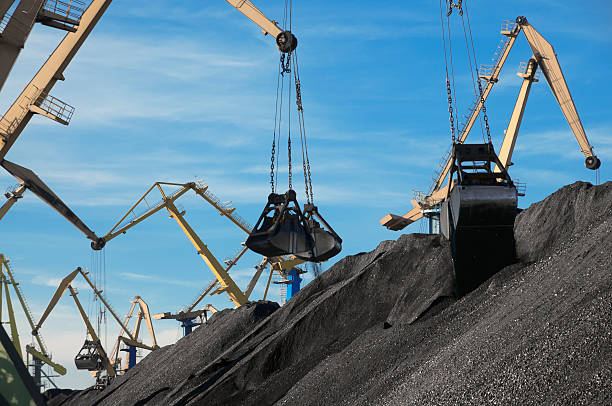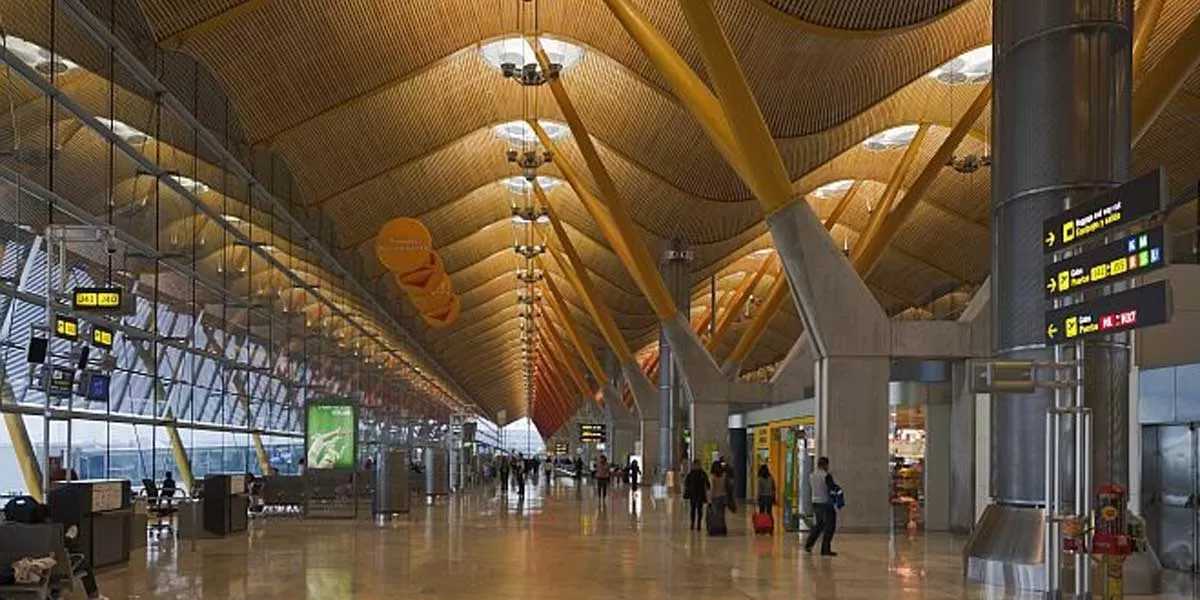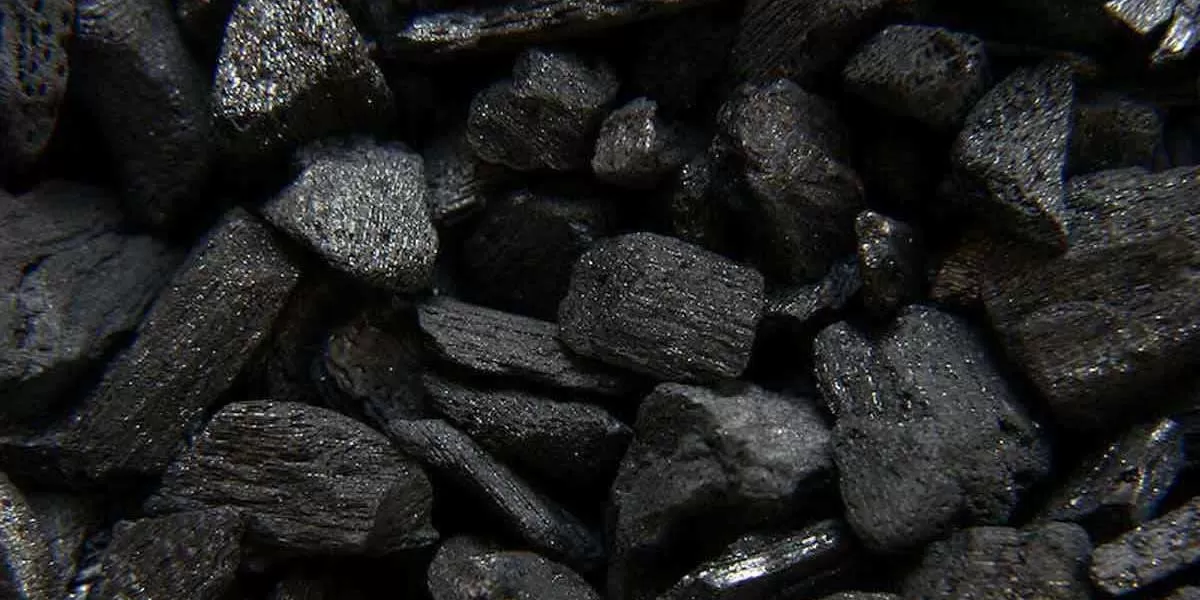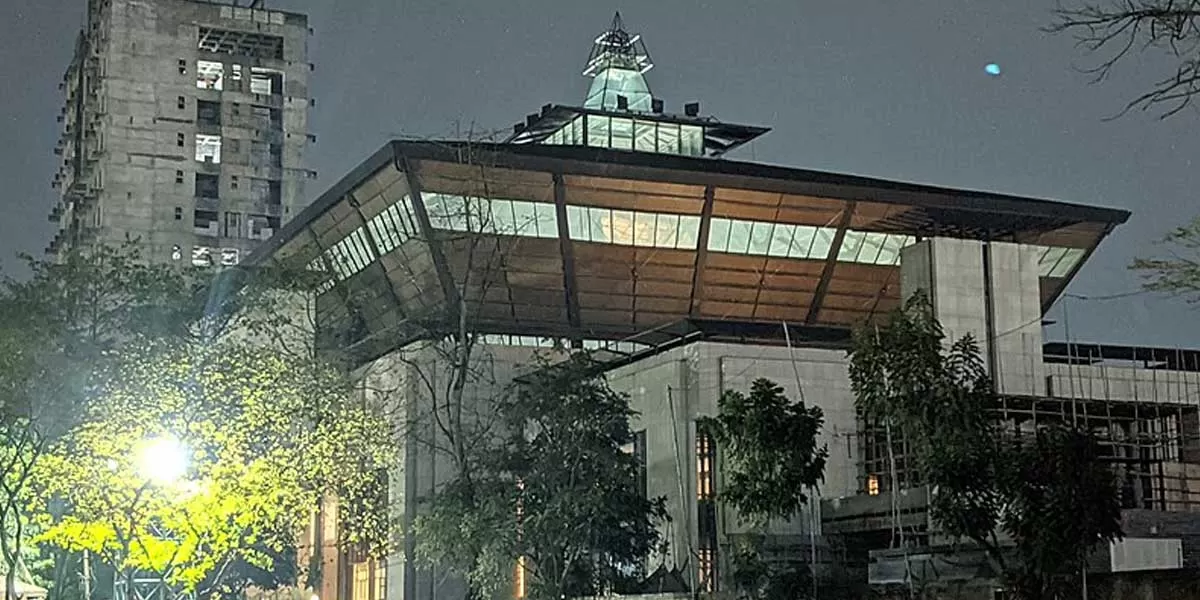
Govt approves policy to use coal mines land for infrastructure

Odisha to Develop Four New Airstrips in Western Region
The Odisha government has announced plans to develop four new airstrips in western Odisha, increasing the region’s total number of airports to eight. The new airstrips will be located at Jamadarpali (Sambalpur), Satibhata (Bargarh), Gotma (Nuapada), and Tusura (Balangir), as confirmed by Transport Minister Bibhuti Jena in response to a query from Balangir MLA Kalikesh Singh Deo in the state assembly. Currently, western Odisha has four operational airports—Jeypore (Koraput), Veer Surendra Sai Airport (Jharsuguda), a small airport in Rourkela (Sundargarh district), and an airstrip at Utkela..

Western Coalfields Bids for Two Coal Blocks in Commercial Auction
In a strategic move to overcome limited reserves and challenging geo-mining conditions, Western Coalfields Ltd (WCL) has participated in the bidding for two coal blocks under the 11th tranche of the commercial coal blocks auction, marking the first-ever participation of a Coal India subsidiary in such an auction. WCL has placed bids for the Bandhak West and Dahegaon Makardhokra IV non-coking coal blocks, both located in Maharashtra and close to the company’s existing mining operations. Chairman and Managing Director Jai Prakash Dwivedi highlighted that securing these blocks would allow WCL ..

Assam Cabinet Approves Major Investments, Urban Development, and Policy Reforms
The Assam state Cabinet, led by Chief Minister Himanta Biswa Sarma, has approved a series of strategic investments, urban development projects, healthcare reforms, and policy updates in the textile and biotechnology sectors. A key highlight of the meeting was the approval of Memorandums of Understanding (MoUs) set to be signed at the upcoming Advantage Assam Summit. The summit, Assam’s premier global investment forum, aims to position the state as a major economic hub in the Northeast by attracting investments across industries such as manufacturing, logistics, IT, and renewable energy. Hav..














